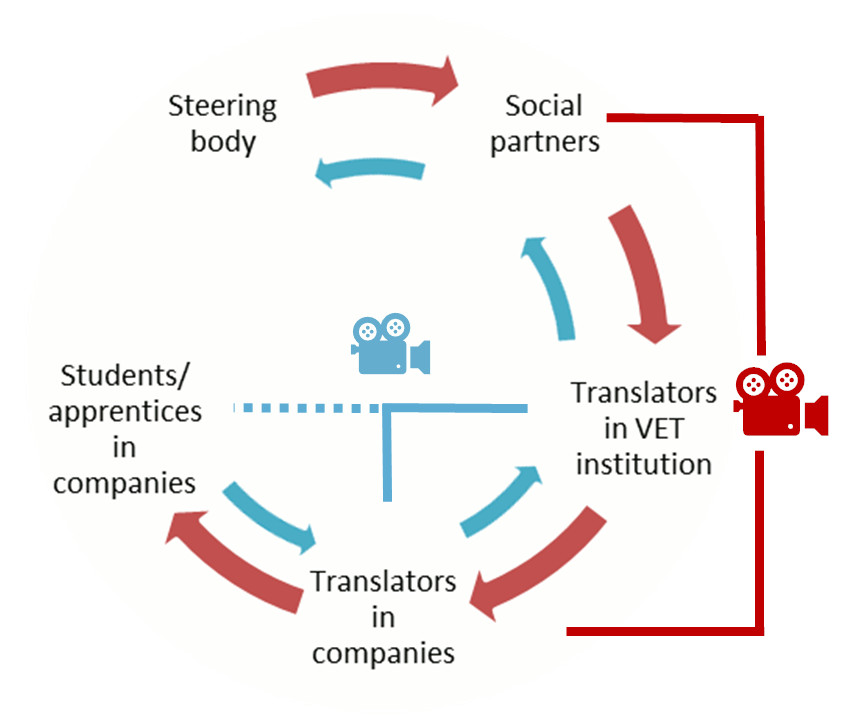In recent years, apprenticeship has become recognized as a very valuable element of vocational education and training (VET).
Apprenticeships strengthen the cooperation between VET schools and companies, by linking the labour market with the educational system. Apprenticeship equips students with relevant labour market skills and competencies, which significantly lowers youth unemployment and employers´ costs for new employment.
Although making education more efficient and relevant to the labour market needs is obviously a part of the solution, VET is falling short of this goal in many EU countries. This occurs even in the countries with dual systems, where work-based learning (WBL) is a mandatory part of VET.
Despite the high youth unemployment (December 2015: EU 19,7%, SI 15%, DK 10,3%, PT 31%, FI 22,1%), for instance in Slovenia, industry, craft and trade sectors constantly complain that VET schools do not provide sufficiently qualified graduates ready to work in the companies. Upper secondary VET programs also have a poor reputation and the majority of students who are academically successful choose not to enrol.
Countries where VET previously was mainly school-based, such as Slovenia and Portugal, are striving to implement or expand in-company training. Meanwhile, countries with a well-established dual system, such as Denmark and Finland, work ambitiously on quality improvements to strengthen competitiveness of their economies.
All in all, the quality of work-based learning is one of the key challenges in VET. And one of the steps forward is to improve the design and assessment of the in-company learning outcomes.
Work-based learning in See the goal project
WBL comes in many variations, both formal and more informal versions. In See the goal project, the partners related to those learning periods that take formally place in training companies. The learning processes and results of these periods are a formal part of the respective educational programmes and must be assessed. These assessments refer to formal in-company learning outcomes.
In Denmark, Finland and Portugal, formal in-company learning outcomes are included explicitly in ministerial regulations, respectively guiding papers for the regulations. In Slovenia, in-company learning outcomes were under construction during See the goal project, and the project activities contributed concretely to this process. Thus, video production supported the translation of in-company learning outcomes to practice – and vice versa.

(c) Lamscheck-Nielsen, 2018

